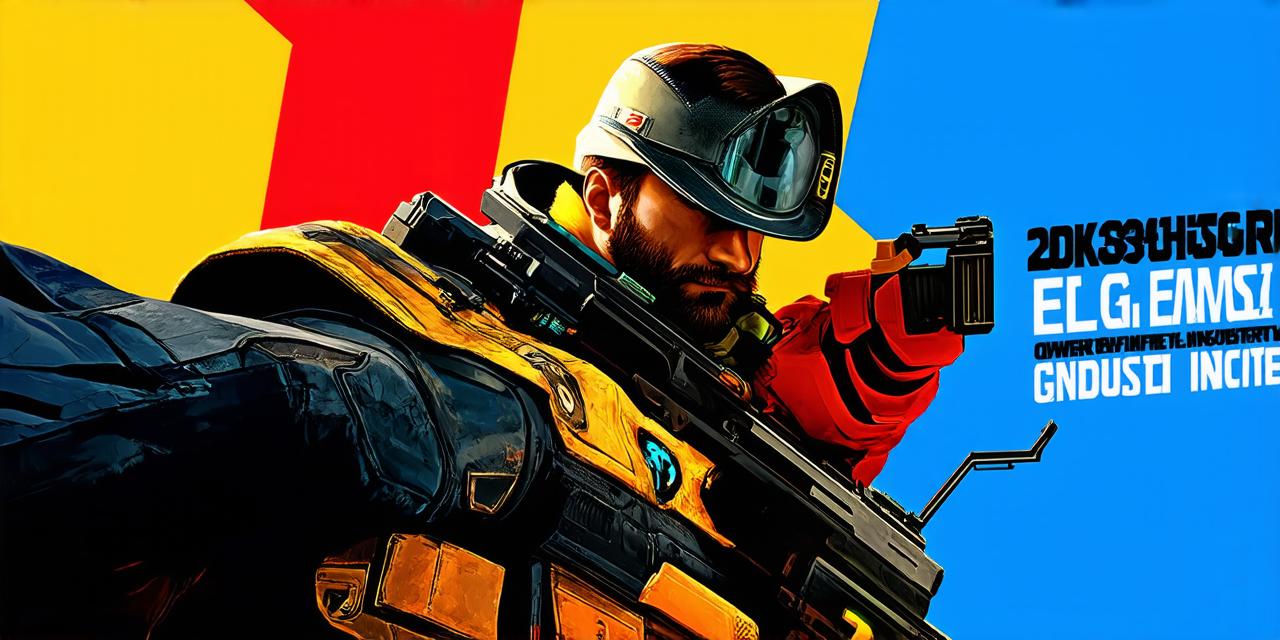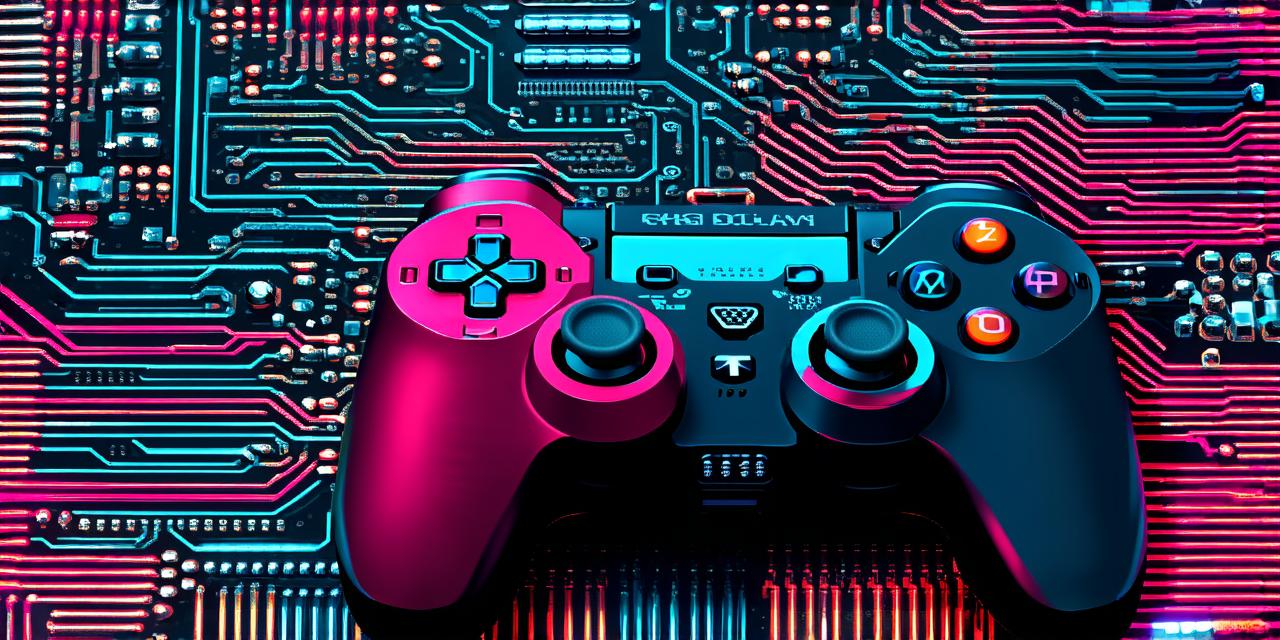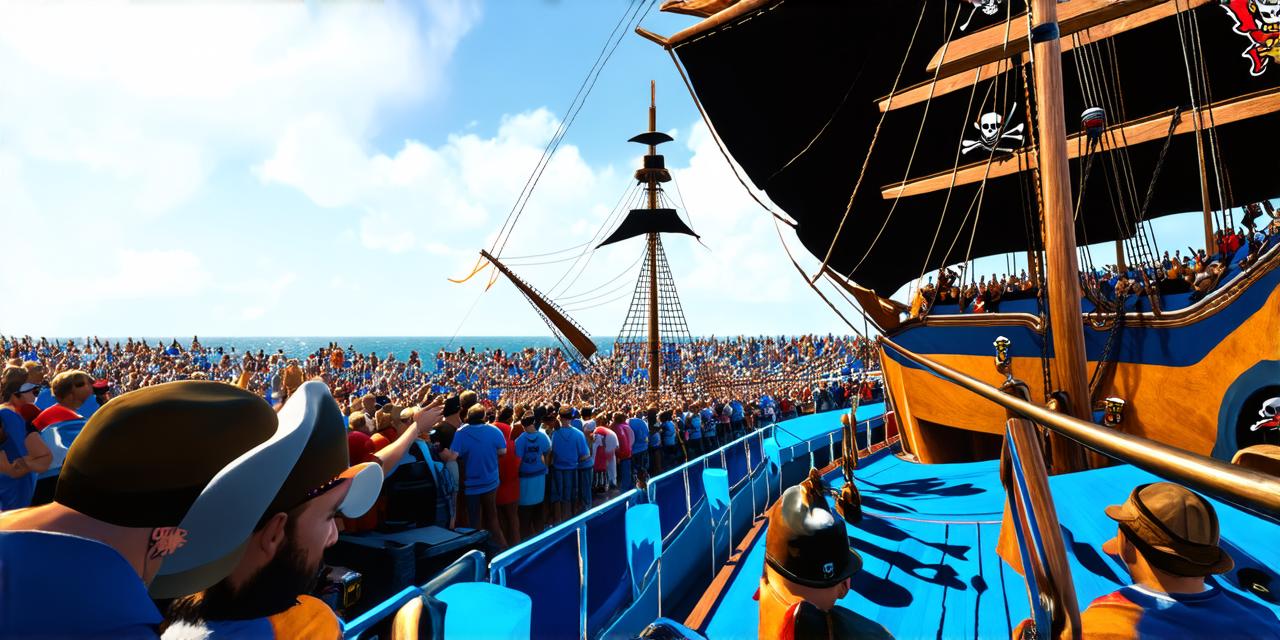
Introduction:
The video game industry is a vast and dynamic landscape that encompasses game development, publishing, distribution, and marketing. The industry has evolved significantly since its inception, with new technologies and business models emerging every year. As such, it’s not uncommon for people to ask who owns the video game industry.
Game Developers:
At the heart of the video game industry are the developers who create the games that players enjoy. These developers are responsible for designing, programming, and testing the games, as well as creating the art assets and other visual elements. They may work independently or for a larger studio, and their skills can range from coding and 3D modeling to game design and storytelling.
Publishers:
In addition to developers, there are also publishers who fund and distribute video games. Publishers typically purchase the rights to a game from the developer in exchange for an advance payment and a share of the profits. They then handle tasks such as marketing, distribution, and support services for the game.
Distributors:
While publishers handle many aspects of game distribution, there are also specialized distributors who work to get games into retail stores or online marketplaces. These distributors may work with both developers and publishers, and they play an important role in ensuring that games reach a wide audience.
Marketers:
Marketing is another crucial aspect of the video game industry, as it helps to generate interest and excitement for upcoming games. Marketers may work for publishers or independent studios, and they use a variety of tactics to reach their target audience, including social media, influencer partnerships, and traditional advertising methods like TV and print ads.
Retailers:
Retailers are the final piece of the puzzle in the video game industry, as they provide the physical or digital storefront for players to purchase games. These retailers may be brick-and-mortar stores or online marketplaces like Amazon or Steam. They play a crucial role in ensuring that games reach the hands of consumers, and they may also offer services such as repairs and returns.
Ownership and Control:
Despite the many different players involved in the video game industry, there are some key questions surrounding ownership and control. For example, who owns the intellectual property rights to a particular game? How much control do developers have over the creative direction of their games? These are complex issues that have been debated extensively by industry professionals and legal experts.
One key factor in ownership and control is the role of publishers. Publishers typically purchase the rights to a game from the developer, which gives them significant control over how the game is marketed, distributed, and supported. However, developers may also retain some level of control over their games, particularly if they are working on an independent project or have a strong brand reputation.
Another important issue is the role of digital distribution platforms like Steam and Xbox Live. These platforms allow players to download and play games digitally, which has shifted the balance of power away from physical retailers. However, these platforms also offer services like DLC (downloadable content) and game updates, which can impact ownership and control over a game’s lifespan.
Real-Life Examples:
To better understand who owns the video game industry and how it works in practice, let’s take a look at some real-life examples.
Summary:
In conclusion, who owns the video game industry is a complex issue that involves many different players and factors. Game developers are responsible for creating the games, while publishers handle distribution and marketing. Retailers provide the storefront for players to purchase games, and marketers use a variety of tactics to generate interest and excitement. However, ownership and control issues remain a major concern in the industry, particularly with regards to intellectual property rights and creative direction. As the video game industry continues to evolve, it will be important to monitor these developments closely and consider their implications for the future of gaming.



